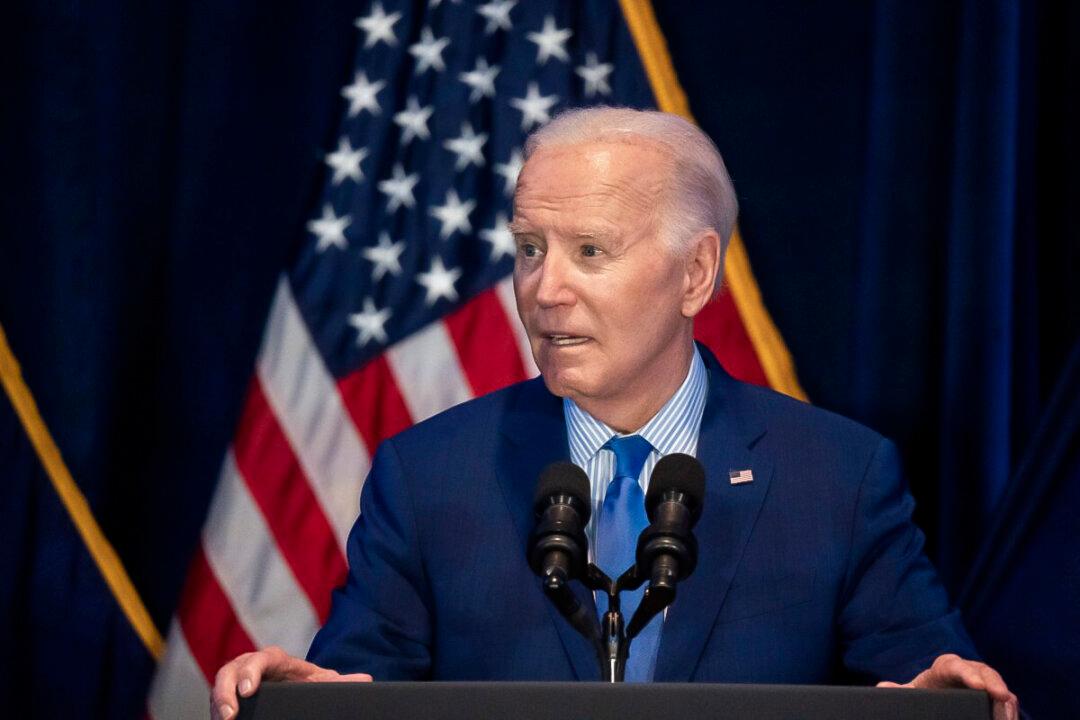The Illinois State Board of Elections voted unanimously to certify President Joe Biden as a candidate for the primary ballot in response to two separate challenges to his candidacy.
In the first challenge, local voters Beth Findley-Smith and Timothy Conrad claimed President Biden had his candidacy papers notarized in Washington and not locally.





